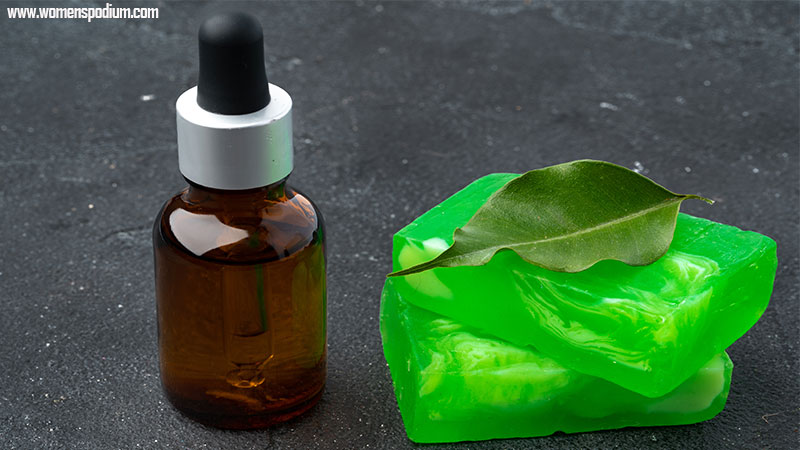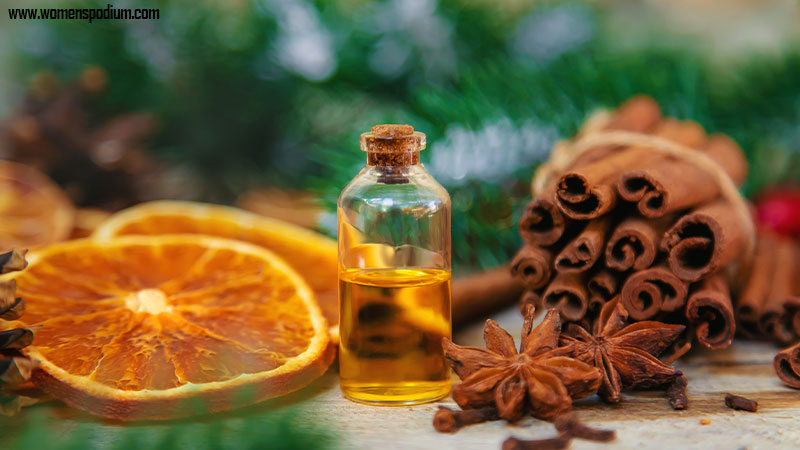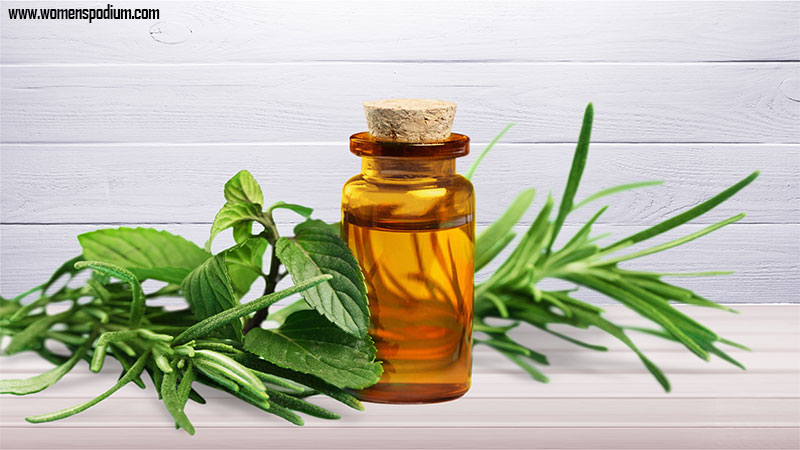
Essential oils are concentrated aromatic liquids distilled from plants and renowned natural remedies for allergies used therapeutically for ages. They hold a prominent position in herbal therapies and are commonly used in home remedies recipes. To our knowledge, essential oils can stimulate our limbic system and eventually lead to a positive change in our behavior if inhaled. This can also trigger our emotions and a sense of belonging to other people. Some essential oils are truly a savior in treating headaches and migraines. They also have some other surprising health benefits; they reduce stress and cure fungal infections, and some are effective for good sleep. In a nutshell, there are a lot of essential oils for allergies and other mild health issues, which you can try after consulting your physician.
Essential Oils and Allergies
Essential oils are a trustworthy and popular remedy for curing allergies, and they are particularly beneficial for inflammation, infections, and sinus issues. Allergies are sometimes mild and sometimes quite severe, and when they occur, getting treatment quickly is a must to avoid them becoming chronic allergies. Similarly, essential oils treat sinusitis by working to reduce inflammation and clear all the congested nasal passages you’ve had trouble with for months. Though essential oils are helpful, they affect differently depending on one’s body. Therefore, you need to be watchful while using an essential oil. Also, be aware of whether you are allergic to any particular weather change, as some allergies are seasonal. Allergies are of many types, and the most common allergic symptoms are swelling, redness, or extreme itching. If your home remedies are not effective, immediately consult a doctor because it is crucial to know whether it is seasonal or chronic.
In this article, I am going to talk about some essential oils for allergies that can help treat mild allergies, although it is better to consult your doctor first and ask them whether it is good to apply these oils or not.
7 Essential Oils that Can Help Cure Mild Allergy Symptoms
1. Peppermint Oil

Peppermint essential oils may help relieve seasonal allergies and reduce inflammation. The oil has a soothing effect on the muscles that helps to reduce the contractions that cause coughing. It may also help treat anxiety, stress, and mental tiredness, symptoms that allergy sufferers often encounter. Mixing peppermint with lavender and lemon oils gives quite a relief for some allergies; even combining coconut oil with peppermint oil helps smooth and nourish the skin. However, be careful because combined oils can increase your allergic reaction.
2. Eucalyptus Oil

One of the eminent anti-inflammatories, eucalyptus oil, helps in reducing inflammation and other allergic symptoms. It is highly beneficial for relieving congestion or respiratory tract infections, hoarseness, cough, and sore throat. Still be watchful, though eucalyptus oil has anti-inflammatory properties, it can also trigger allergies in some people. You need to be alert if you have any symptoms, as if left untreated, they can turn chronic. Moreover, they might become seasonal allergies and cause harm to your body.
3. Lemon Oil

This citrus-scented lemon oil is often used in aromatherapy to boost attentiveness and energy. They can also help treat sinuses, reduce congestion, and cure common perennial and seasonal allergy symptoms related to rhinitis. However, you need to be conscious while applying lemon oil or any citrus essential oil to your face or skin and exposing your skin to sunlight. These oils make the skin more sensitive to the sun, increasing the risk of blistering or burning on the applied areas.
4. Frankincense Oil

Frankincense is one of those essential oils that are high in demand in aromatherapy and may help with the symptoms of seasonal allergies. They can be inhaled or diluted and applied to your skin. According to some trusted research, frankincense prevents the production of leukotrienes, which cause bronchial (throat) muscles to constrict in people with asthma and, therefore, may be beneficial for people who have asthma. Frankincense shows anti-inflammatory effects in the case of bronchitis, which causes inflammation of the airways and sinus infections.
5. Lavender Oil

Lavender is a preferred essential oil because of its many benefits. It is beneficial to add a few drops of lavender essential oil either while taking a bath or in your lotions or creams. You can even use it with a diffuser for aromatherapy or dilute it in a carrier oil. Lavender oils are among the most trusted essential oils to naturally reduce inflammation, treat anxiety issues, or even help with sound sleep. Moreover, this essential oil helps treat many skin allergies as it is quite soothing on the skin and calms any irritation on the skin.
6. Tea Tree Oil

Tea tree essential oil is renowned for treating fungal, viral, and bacterial infections primarily related to the skin. They may help with allergy symptoms because of their anti-inflammatory effects. However, tea tree oil doesn’t suit everyone; if you have dermatitis issues, you should not use tea tree oil. Moreover, it’s better to consult a dermatologist if you have such infections. If it suits your skin, it can help lighten your skin tone and give you flawless skin. Regardless of the benefits, they can also trigger allergies; therefore, do a skin patch test before using. Also, never ingest any essential oil or tea tree oil because they are harmful if swallowed.
7. Chamomile Oil

This oil comes with a distinctive scent and is pretty soothing to the skin—chamomile oil aids in reducing itching caused by hemorrhoids, eczema, and diaper rash. You can use it on the scalp if you face itching issues due to dry skin or dandruff. As Chamomile oil is an effective anti-inflammatory, it helps treat symptoms of sinusitis, skin conditions, and inflammation of the mucous membranes.
Final Words
You should be conscious of your skincare routine. Many essential oils are an integral part of our beauty care regimen, but you need to be very particular about where to apply and how to use essential oils. Since essential oils are concentrated extracts, you can’t use them directly on your skin as they can cause irritation or potential side effects. However, essential oils can be used with carrier oils if you want to apply them to your skin, but do know thoroughly which essential oil goes best with which carrier oils. You can mix a drop or two of your favorite essential oil with a carrier oil or face cream before directly applying it to the skin.
Essential oils are quite helpful for headaches, depression, sinus infections, and muscle aches. It is advised to apply essential oils to your chest, wrists, palms, feet, and temples, as these are key pressure points of the body, helping to relax and de-stress. You should not take allergic conditions lightly; if home remedies are not working for you, talk to your doctor and undergo proper treatment. However, consider the above-mentioned essential oils for allergies if you have mild allergic symptoms.
Also Read: There are many different ways to care for your appearance and health. Drinking plenty of water and eating a healthy diet that helps detox your body can help keep your skin fresh and healthy.





